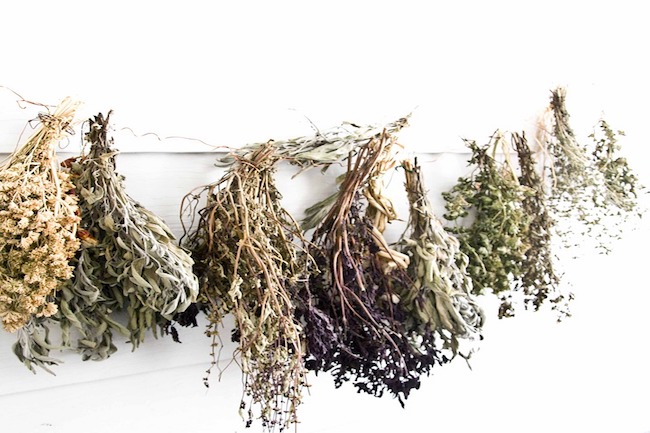These Herbs and Spices Can Help Deter Diabetes by Dr. Joseph Mercola
Based on estimates from the National Health and Nutrition Examination Survey (NHANES) in 2005, the total prevalence of diabetes was estimated at 20.8 million people, or 7% of the population.1 This rose dramatically by 2018, when the American Diabetes Association2 reported 34.2 million people in the U.S. had diabetes. This represented 10.5% of the total population.
The U.S. Centers for Disease Control and Prevention3 estimates 1 in every 3 people in the U.S. has prediabetes, which numbered 88 million people in 2019. Diabetes is a metabolic condition in which your body develops insulin resistance.
Risk factors associated with Type 2 diabetes that are not modifiable include your age and family history. However, there is also a list of risk factors over which you do have some control. Some include weight, nutritional intake, high blood pressure, history of gestational diabetes, inactivity and a history of heart disease or stroke.4
Unfortunately, Type 2 diabetes is an epidemic in the U.S. Coincidentally, it is also a comorbidity that can increase your risk of contracting and even dying from COVID-19.5 Both high blood pressure and Type 2 diabetes have been implicated as underlying factors that increase your risk of serious illness with COVID. Yet, both can often be reversed by making healthy diet choices and lifestyle changes.
The nutritional choices you make are not always about what you cut out of your diet. Sometimes it is about what you add. Consider these next five herbs and spices that can help lower your blood sugar, four of which add flavor and punch to food.6
Cinnamon: The Scent of Fall
The Farmer’s Almanac calls cinnamon the “star spice of the fall season.”7 This spice has been used for thousands of years in cooking, as a fragrance and in medicine. However, it’s important to be aware that there are over 250 different species of cinnamon,8 and they’re not all created equally.
Most of the cinnamon found in the grocery store is known as Chinese cinnamon or cassia cinnamon. It tends to be less expensive and contains higher levels of coumarin. This is a powerful anticoagulant with potential carcinogenic and toxic properties.9
On the other hand, Ceylon cinnamon is less common, slightly more expensive and, importantly, has lower levels of coumarin. It is native to Southern India and Sri Lanka and claimed to be a “richer spice.”10 Cassia cinnamon is a reddish-brown color while Ceylon cinnamon is tan. While they can be used interchangeably, when used in larger amounts it is safer to use Ceylon cinnamon.
A diet high in net carbohydrates can lead to blood sugar levels higher than normal. This can progress to a condition known as prediabetes and then to Type 2 diabetes. A systematic review of literature11 evaluating the use of cinnamon in people with diabetes was unable to find sufficient evidence to support its use to lower fasting blood glucose levels or A1c.
However, the lead researcher of a study in the Journal of the Endocrine Society12 believed the issue was likely an interference between cinnamon and the medications people take to control their diabetes.13 For this reason, his group chose to focus only on people with prediabetes who were not yet taking medication.
When cinnamon supplements were given to the intervention group, they experienced improved fasting glucose levels after receiving a 500 milligram (mg) supplement of cinnamon for 12 weeks.14 Another study15 engaged 109 participants with Type 2 diabetes to measure whether cinnamon supplements plus usual care could lower patients’ hemoglobin A1c (HbA1c) better than usual care alone.
The results showed those taking cinnamon had lower HbA1c by 0.83% as compared to those who underwent usual care. The researchers concluded this was statistically significant and may be useful in helping to lower HbA1c, which is a measurement of long-term blood sugar control.
A 2021 paper published in Frontiers in Plant Science16 reviewed past clinical studies using Ceylon cinnamon. Although there are no specific studies evaluating the effect it may have on the cytokine storm common in severe COVID-19, they hypothesized that “the strong anti-inflammatory properties of Ceylon cinnamon may mitigate this complication.”17
Additionally, the writers cite past research that concluded, “Our results demonstrate no significant side effects and toxicity of CZ [Cinnamomum zeylanicum], including hepatotoxicity and anti-coagulation properties.”18




